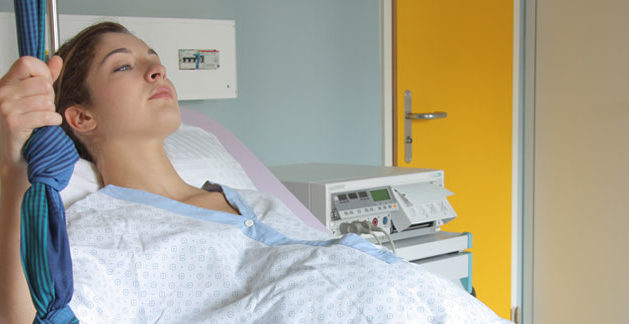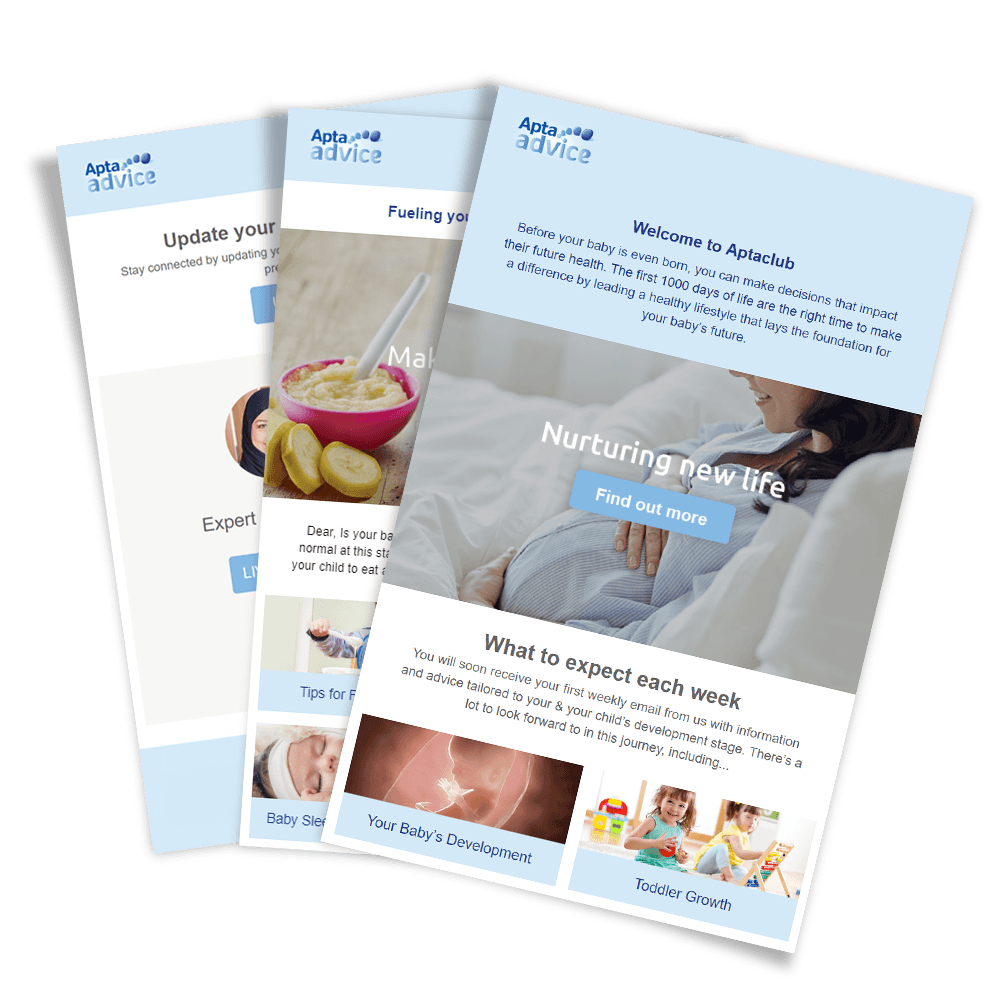Tips for getting through labour

When you’re in labour, you could be experiencing a mix of emotions – anxiety, relief, excitement, frustration. Perhaps, even all at the same time. Here are a few tips on how you can get through labor smoothly.
Our advice for getting through labour is to focus on staying as relaxed as possible. Prepare your mind and body with antenatal classes, books, and videos and don’t be afraid to do whatever you feel will help – if you have the urge to groan or move around go with it. If you want to know more about preparing for labour, speak to your doctor or don’t hesitate to get in touch.
- Choose an environment that’s right for you
- Focus on staying relaxed
- Work with your body
- Find your own ways to feel better
- Get support from other people
Handy hints to help you prepare for the big day
If you feel you know what to expect to happen and when, you’ll be far more relaxed and feel more in control of what’s happening.So why not use these ideas to help you do a bit of advance planning?
Find some guidance
- It’s a good idea to attend antenatal classes. They’re the best source of information, preparation and support available. Bear in mind that antenatal classes might not be available in your country or city, and if they are, they may not be included in your insurance coverage, so make sure to check your policy.
- There are also lots of books and videos available that can help you prepare for getting through labour and birth. Ask your doctor which resources they recommend.
- Your doctor can also give you lots of good advice and will be happy to answer any questions you have about labour and birth.
Choose an environment that’s right for you
- As long as you live fairly close to your hospital and you’ve had no complications, you can safely spend your early labour at home if your doctor is happy. You’ll have your privacy, your own bed and bathroom, your own food and snacks and everything that’s comforting at hand whenever you need it.
- Once you do have to go to hospital, it’s a good idea to make the environment as homey and comfortable as possible so you feel at ease. Take your birthing ball, comfortable clothes and any personal items you think will help you through labour.
Focus on staying relaxed
- Staying relaxed physically and emotionally will help your body to get into the rhythm of giving birth.
- Being relaxed will also help your muscles to cope better with the stress involved in getting through labour– if your muscles are tight and you feel apprehensive your body will almost be fighting with itself.
- When you’re relaxed you’ll also be able to breathe more deeply, and that will help to keep your baby calm as they’ll be receiving plenty of oxygen.
Work with your body
- Gravity helps your baby to be born. That means if you’re able to, it’s a good idea to stay in an upright position and keep moving around. Being upright doesn’t have to mean standing – you may be squatting, kneeling or leaning on a birthing ball.
- There is no one perfect position during labour– it is whatever works for you that is the most important. You can try swaying your hips or even walking up and down the stairs. You may even want to be on all fours or kneeling and leaning over some pillows.
- Making a noise can really help with getting through labour, so don’t bottle it up! Don’t feel embarrassed – think of Wimbledon tennis players. They’re not afraid to release their physical tension with a grunt or a moan and they’re being watched by millions of people!
Find your own ways to feel better
- You can use various pain relief methods that don’t involve the use of drugs. Most delivery rooms will offer you the use of a bath or shower. Remember: water kept at body temperature (36°-38° Celsius) can be very soothing for tired muscles.
- If you feel you want to take the strain off your body choose a deep, warm bath and enjoy the floating feeling.
- Human touch is wonderfully soothing, so ask your husband to give you a cuddle if you feel you need one or to hold you during contractions. If you’re suffering from lower back pain ask your partner to give you a gentle massage.
Get support from other people
- It’s been shown that women who have a supportive birth partners have a reduced need for painkillers and have fewer interventions during labour.
Make sure you talk to your doctor and other medical staff. If anything’s worrying you about what’s happening or if there’s something you don’t understand, just ask. It’s their job to make sure you feel relaxed and confident about what’s going on.
Related Articles

Join Aptaclub
Get week-by-week updates on your baby’s development and your pregnancy. Receive expert advice, postal packs for your stage and much more

Know your baby’s
due date
When was the first day of your last
menstrual period?
Know your baby’s
due date
RESULT Estimated due date (40 week full term)
Need advice?
Our team of experts is ready to answer your questions and support you on your journey from pregnancy to toddler hood. For more information and relevant advice, please contact us between 9am-6pm from Sunday to Friday.




